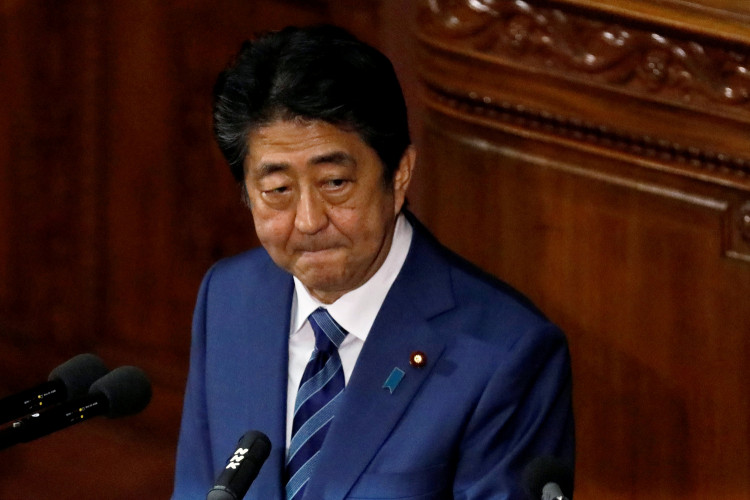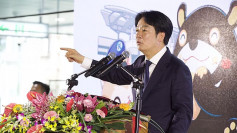President Xi Jinping is set to welcome Japanese Prime Minister Shinzo Abe in a summit scheduled on Oct. 25 to 27. The two leaders would jointly hold a reception that would mark the 40th anniversary of the signing of the China-Japan Treaty Of Peace and Friendship.
The Prime Minister's visit is the first time a Japanese leader in nearly seven years, signaling completely thawing relations between the two nations.
Abe would be accompanied by a delegation comprised of 500 business executive according to Bloomberg. Included in the agenda is the planned revival of a currency swap framework that had been dormant since 2013. The officials would also be discussing possible arrangement involving the loans of giant pandas. Other topics would touch on how to immediately reached the conclusion to the Regional Comprehensive Economic Agreement, a trade deal which would also involve 16 countries in the Asia-Pacific.
Japan has also been looking forward to increasing cooperation with China on issues such as environmental protection, scientific and technological breakthrough, and projects that would provide services to China's aging population.
The latter may involve designing an exchange platform for elderly care services and improve the training and skills of elderly care personnel. The Japanese elderly care sector is said to have recognized the huge potential of the Chinese market as the two countries have complementary pension services. Furthermore, Japan would like to take advantage of China's huge population.
The improved relations between China and Japan have also benefited the latter's film industry. This year, China imported various Japanese films and has been exploring its pool of stories that Beijing could adapt. The Hollywood Reporter said China has imported a total of 12 Japanese films during the first three quarter of 2018. In 2017, China was only able to import eight titles into its theater.
For Japan politics and security expert Brad Glosserman, however, Abe is faced with a tough balancing act with the world's two largest economies. Abe's close relation with Beijing is happening at a time when U.S. Donald Trump launched an ongoing trade war with China, Glosserman highlighted.
Abe had, in fact, met with Trump last Sept. 26, a month before his visit to China. During their meeting, the two affirmed the importance of a strong, stable, and mutually beneficial trade and economic relationship between their nations.
Japan and the United States economies account for about 30 percent of worldwide Gross Domestic Product. With this, Washington said it is important to maintain reciprocal of trade with Japan. Trump also said his country will reduce the trade deficit with Japan.
Abe, for his part, reiterated the importance of free, fair, and rules-based trade.






